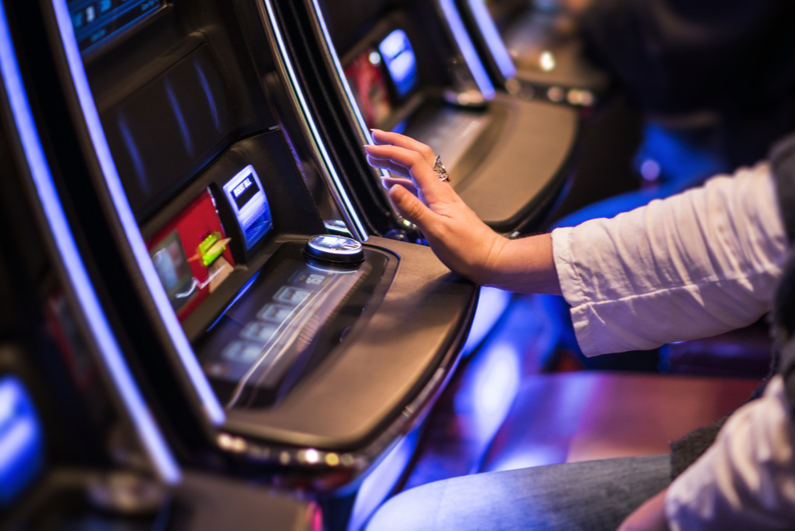A significant issue
Criminals are reportedly using poker machines across Australia to launder more than AU$1bn (US$714.6m). A leading gaming investigator in New South Wales (NSW) believes a wake-up call is necessary for the clubs and pubs that offer these types of machines.
easily in the hundreds of millions” of dollars
Federal and state authorities have evidence that criminals are laundering money through many of the 95,000 poker machines in NSW. They allege that the amount of money laundered through these machines is “easily in the hundreds of millions” of dollars.
NSW gaming investigator David Byrne said numerous agencies are investigating the matter due to the significant extent of this problem. In the initial four weeks following the ending of the recent COVID-19 lockdown, Byrne’s NSW Gaming and Liquor department investigation team pinpointed 140 clubs and pubs, as well as over 130 individuals, with associations to money laundering. This only covers the metro area of Sydney and not NSW as a whole.
More scrutiny necessary
Speaking of the types of people who take part in money laundering, Byrne said: “You’re talking about, at the worst level, child exploitation, human trafficking, firearms trafficking … terrorism funding – all of those can be packaged up in the same conversation as money laundering.”
He believes that other pokie states in the country have similar problems, including Victoria, and urged the gambling sector and industry groups to take a close look at the matter. Byrne feels that authorities must place more scrutiny on smaller poker machine locations.
Caught in the act
The authorities even have CCTV footage of a syndicate of money launderers using machines in a Sydney pokies venue to clean dirty money. This particular group of criminals allegedly uses numerous venues.
There are two main ways in which the criminals launder funds in the video. One of the methods sees them use linked gaming machines and try to hit the jackpot, which is almost guaranteed.
Another strategy sees a man putting cash notes into two different poker machines at the same time. Over the course of an hour, he inserts AU$27,000 (US$19,294) in these machines. He then bets AU$1 (US$0.71) each time, with the remainder claimed as gambling winnings.
Big business in NSW
According to investigators, many clubs and pubs do not report concerns about money laundering taking place at their venues. Just 5.5% of venues in NSW that have electronic gaming machines have submitted suspicious transaction reports to the country’s money laundering agency AUSTRAC since January 2018.
Those venues that did submit suspicious transaction reports often did so too late or underreported the sums of money. According to authorities, this undermines their ability to properly investigate those people under suspicion of laundering.
the machines generate about AU$1bn (US$714.6m) in annual tax
Poker machines are big business in Australia, providing huge sums of tax revenue. In NSW, the machines generate about AU$1bn (US$714.6m) in annual tax, as well as supporting up to 100,000 jobs. This year, the state government believes that gambling taxes will reach AU$2.8bn (US$2bn), a 27% year-on-year rise.
Calls for reform
Some suggested reforms that have not garnered much support include calls to introduce cashless gaming. Proponents believe such a system could prove a powerful way to combat money laundering, as well as helping problem gamblers. Speaking about a cashless approach, Byrne said: “It’s definitely a disruption if nothing more and would go a long way to reducing the frequency of this type of behavior.”
clubs have provided funding for a centralized data system for poker machines
Gaming industry group ClubsNSW issued a statement in response to the money laundering issue. It stated that clubs have provided funding for a centralized data system for poker machines that the authorities utilize to track patterns of suspicious play. The statement also said that ClubsNSW will assist AUSTRAC whenever there are instances of money laundering taking place.
One of the most significant obstacles facing investigators when combatting money laundering is having the necessary budget and time to address the issue.
